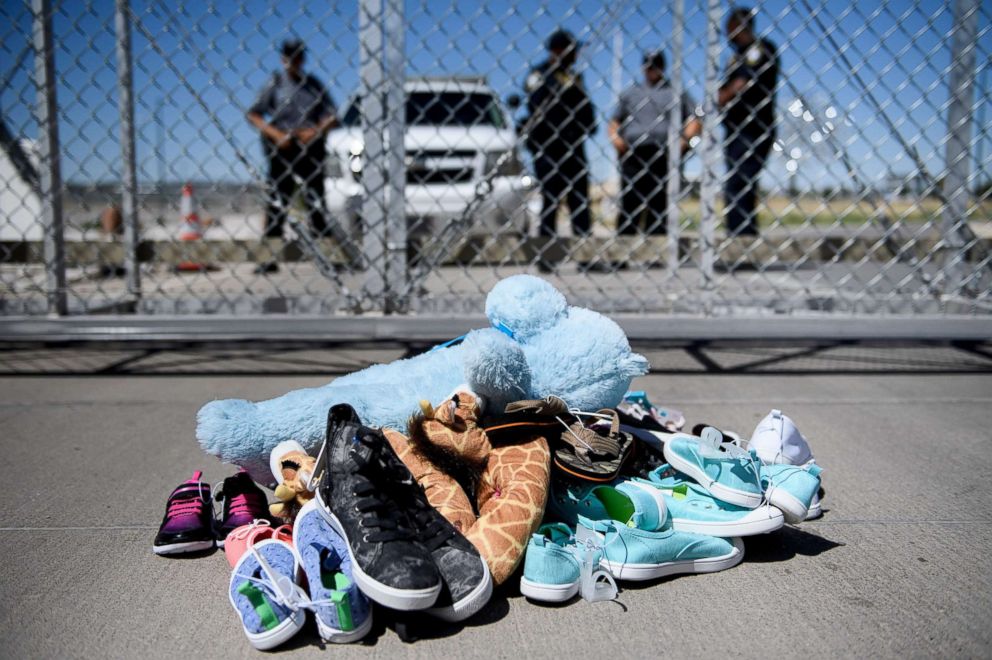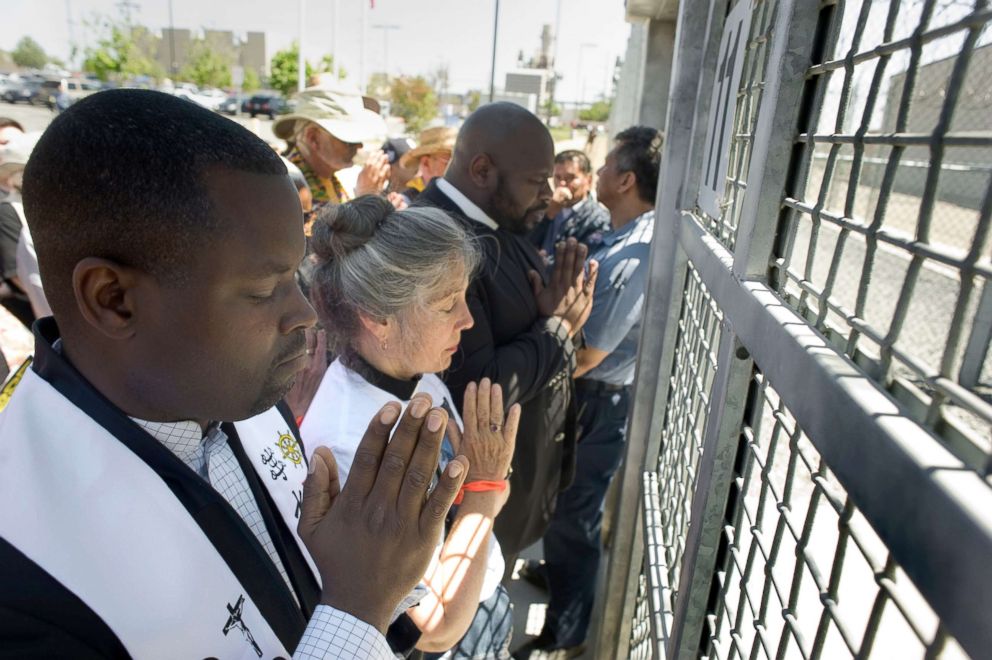People donate millions of frequent flyer miles to help reunite families after professor's viral tweet
After Wilensky's tweet, Miles4Migrants received almost 7 million miles.
A viral tweet has inspired people to donate millions of frequent flyer miles to help reunite separated immigrant families.
Non-profit organizations have been working to reunite hundreds of children and parents who were separated from each other at the U.S.-Mexico border. This week, they got a little bit of help from University of Michigan Law School professor Beth Wilensky.
On Aug. 6, Wilensky tweeted: "My husband travels a lot. Downside: he's gone a lot. Upside: frequent flyer miles. We just used some to fly a 3-yr-old and his dad, who had been separated at the border, from Michigan (where the son had been taken) to their extended family. DM me if you have miles to donate."
The tweet has since been retweeted more than 32,000 times, liked more than 139,000 times, and most importantly, inspired people to donate millions of miles to nonprofits such as Miles4Migrants and Michigan Support Circle.
"I saw a request for miles to help those affected by the family separation policy, and responded that we had miles to donate," Wilensky told ABC News via email of how she got involved.

Wilensky said she tweeted her call to action after Michigan Support Circle posted on its Facebook page that they still needed miles to help families.
"I interact with a lot of attorneys on Twitter, and thought some of them might have miles to donate," Wilensky explained. "I never expected this level of reaction and enthusiasm, but I am thrilled to help bring attention and support to these wonderful groups."
Prior to this week, Miles4Migrants, a nonprofit organization working to reunite separated families, had received 3.1 million miles and points to reunite families, according to Andy Freedman, the group's co-founder.
After Wilensky's tweet, Miles4Migrants received more than double that amount, Freedman said.
"Our total since Monday is about to hit 7 million -- more than doubling the miles we've used since we started," Freedman, 39, told ABC News via email.
As the average domestic flight is around 20,000 miles, the 7 million frequent flyer miles the organization has received could help them fly at least 340 people, Freedman said. He added that the average donation has been around 30,000 miles.

Freedman said that based on people's responses to those stories, he knows "that there are so many people out there who are trying to make an impact. They see what's happening to families separated in our own country and are looking for tangible ways to get involved."
Since he and his co-founders started Miles4Migrants in 2016, the volunteer-run organization has managed to help 157 people with flights, Freedman said, the majority of them refugees and families from the Middle East and Africa. The group is now working with other non-profits at the border to help put donated miles to use immediately, he added.
"For the U.S. cases, there are still hundreds of families that need to be reunited. We are eager to help. Globally, there are thousands of families that need our help," Freedman added. "Our mission expands well beyond the current crisis at home."
Some flights have fees of about $75 per person for flights booked within 21 days of departure, which are waived for donors with airline status, Miles4Migrants co-founder Nick Ruiz explained.
"So, if a last-minute flight costs around $300 per person, we could fly a family of four for 50,000 miles, as opposed to a cash price of $1,200," Ruiz told ABC News via email.
Freedman said that Wilensky's tweet has definitely helped make those goals a reality, calling the number of miles donated so far "incredible."



